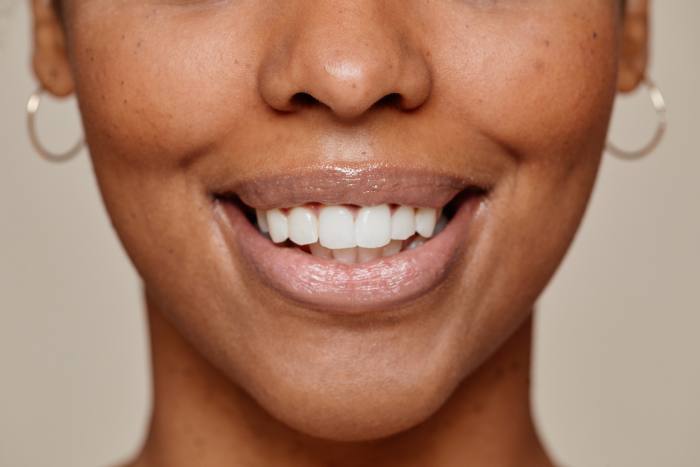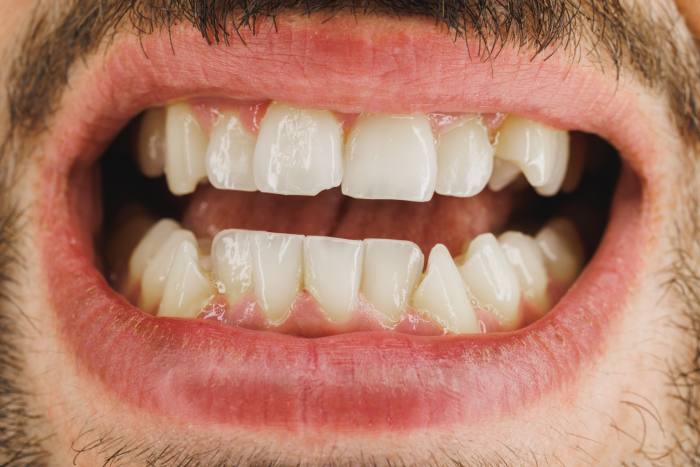In the world of oral hygiene, brushing often takes center stage. But what about flossing? Is it just an extra step, or is it a critical component of a healthy smile? You might have heard conflicting opinions, but at Ames Dentistry in Xenia and Wilmington, Ohio, we believe in providing you with the clear facts to help you make informed decisions about your dental care. Let’s delve into the truth about this sometimes-debated dental habit.
Why is Flossing So Important?
Think of your toothbrush as a hardworking street sweeper, cleaning the broad surfaces of your teeth. While it does a fantastic job on the fronts, backs, and chewing surfaces, your toothbrush bristles can’t effectively reach the tight spaces between your teeth and under the gumline. This is where food particles and plaque, a sticky film of bacteria, tend to accumulate.
What Does Flossing Actually Do?
Flossing plays a vital role in maintaining optimal oral health by:
- Removing plaque and food particles from between teeth: These are areas where bacteria thrive and can lead to cavities and gum disease.
- Disrupting the formation of tartar (calculus): Plaque that isn’t removed hardens into tartar, which can only be removed by a dental professional during a cleaning.
- Helping to prevent gum disease (periodontal disease): By removing plaque and bacteria from the gumline, flossing reduces the risk of gum inflammation (gingivitis), which can progress to more serious gum disease. Ames Dentistry offers gum disease therapies as part of their comprehensive approach to oral well-being.
- Reducing bad breath: Trapped food particles and bacteria between teeth can contribute to unpleasant breath.
Addressing the Debate: Is Flossing Truly Effective?
While some recent headlines might have questioned the strength of the evidence specifically focusing on flossing’s individual impact, the overwhelming consensus among dental professionals remains that flossing is an essential part of a good oral hygiene routine. It’s often challenging to conduct studies that isolate the sole effect of flossing over long periods, but the biological plausibility – that removing plaque from hard-to-reach areas prevents decay and gum disease – is strong and well-supported by clinical experience.
Ames Dentistry emphasizes the importance of routine teeth cleanings in conjunction with good at-home care, which includes both brushing and flossing, to protect and preserve your smile.
Making Flossing a Habit
Like any new habit, incorporating flossing into your daily routine might take a little effort. Here are a few tips:
- Choose a floss you like: Whether it’s waxed, unwaxed, or a floss pick, find a type that feels comfortable for you.
- Floss once a day: Consistency is key. Choose a time that works best for you, whether it’s morning or night.
- Use the correct technique: Gently slide the floss between your teeth and curve it into a “C” shape against each tooth, sliding it slightly below the gumline.
Invest in Your Oral Health – Make Flossing a Priority!
Don’t let the occasional debate deter you from this crucial step in maintaining a healthy and radiant smile. Flossing, along with regular brushing and professional dental cleanings, is a cornerstone of preventative dental care.
Ready to take your oral hygiene to the next level?
If you have any questions about flossing techniques or want to learn more about maintaining optimal oral health, schedule an appointment at Ames Dentistry in Xenia or Wilmington. Our skilled and friendly team is dedicated to providing you with the guidance and care you need for a lifetime of healthy smiles.







